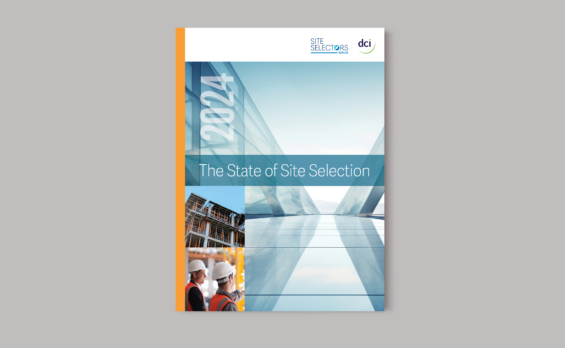News & Research

Next-Level Market Research and Place Marketing News
DCI’s destination marketing, talent attraction and economic development news articles and research is what makes the agency a leader in the industry. DCI’s research team provides insights into how to better support economic recovery, new business and overall economic growth, as well as extensive labor market and talent attraction research to understand what talent is looking for when it comes to jobs and locations. DCI’s reports and articles have covered everything from factors impacting site selection, to what talent is looking for post-pandemic, to best practices for public relations professionals and how to leverage social media to your advantage, to important tips for improving the overall quality of life in a destination.
The State of Site Selection
The third edition of The State of Site Selection is here! Download your copy for a deep dive into the trends impacting the site selection process in the United States and globally.
